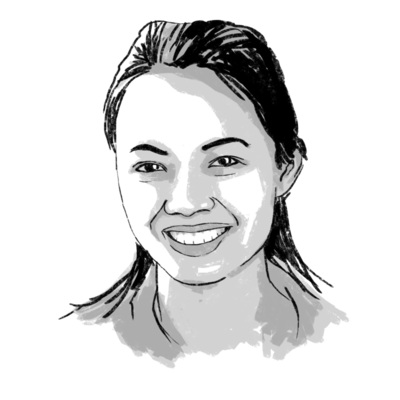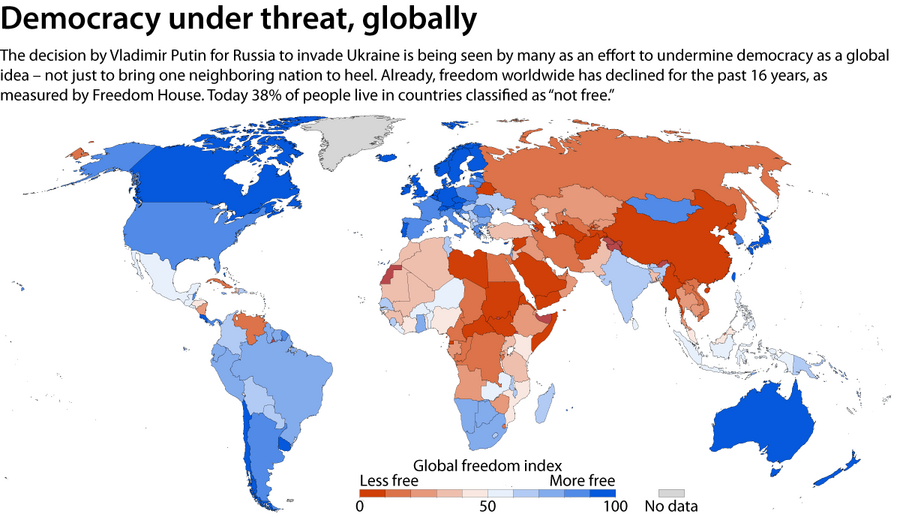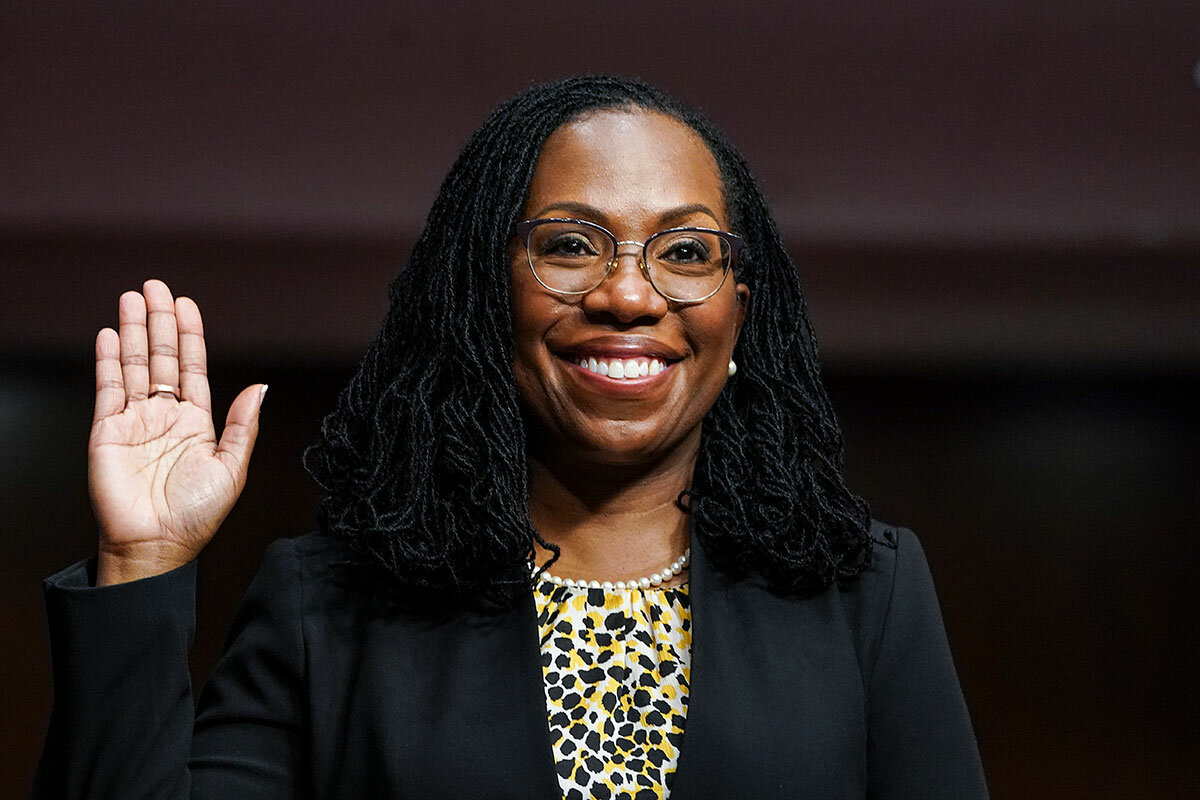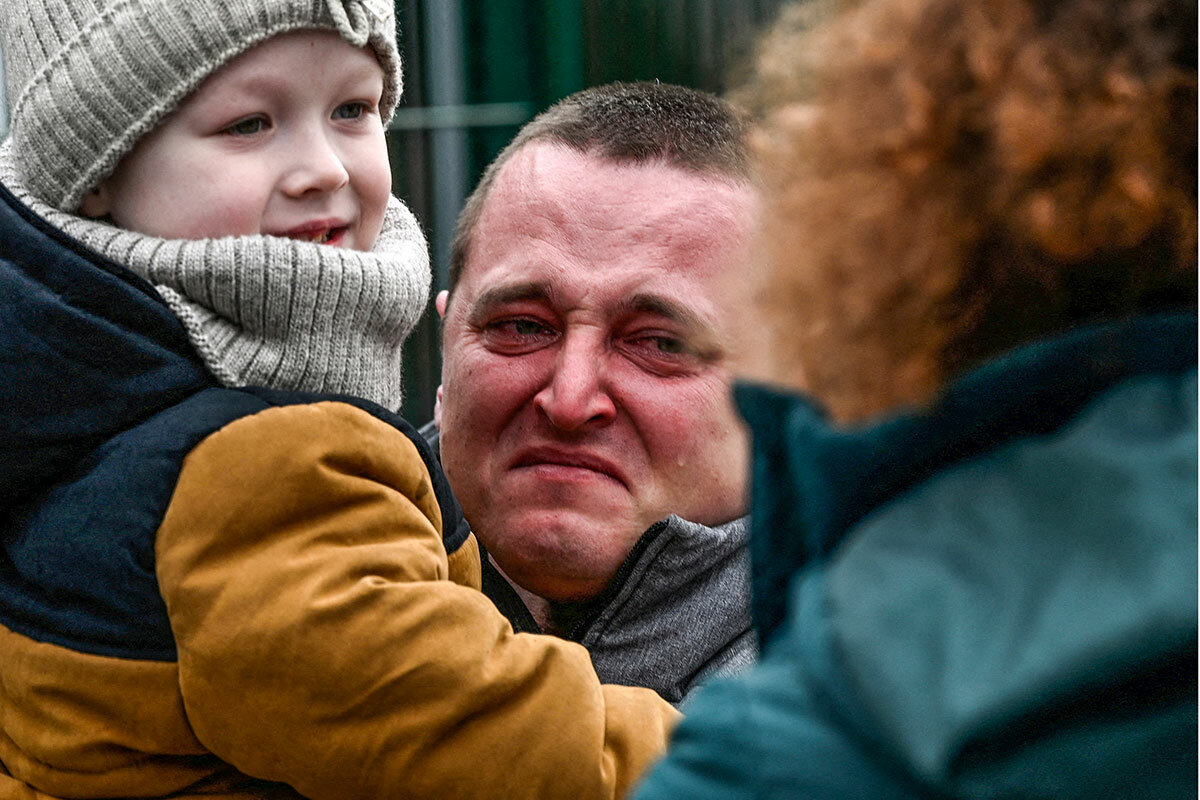It is a paradox of democracy that it can seem both weak and threatening at the same time. Whatever challenges democracy is facing, a Slavic version may have appeared undesirable on Russia’s border.
Monitor Daily Podcast
- Follow us:
 Jessica Mendoza
Jessica Mendoza
I was in the fifth grade. It was recess. A friend and I were playing by the jungle gym, and for whatever reason we were talking about kitchen appliances. I distinctly remember referring to the thing you use for baking as an “oh-ven,” rhymes with “woven.” My friend laughed and corrected me.��
Apparently, it was pronounced “uh-ven,” like “lovin’.”
My friend hadn’t been cruel about it, but I was mortified. I took pride in my English, even at that age. I had this sense, unarticulated but powerful, that if only I could get my accent right, if only I could sound American enough, I would automatically belong in my new California town – never mind that I’d been raised in the Philippines.��
In producing the Monitor’s new podcast, “Say That Again?” I’ve unearthed a bunch of memories like this: moments when I affixed a sense of self-worth to the way I spoke. They’re mostly small moments, but together they show how deeply I’ve tied my identity to how I talk.
That’s why my co-host, Jingnan Peng, and I started this podcast. We wanted to understand some of the ways that accents, languages, and voices influence how we see ourselves and one another. (Jing, who’s from China, has also thought a lot about this.) What we found were profoundly personal stories about people fighting prejudice, forging connections, and finding pride in their own voices.��
These stories have made us think about what meaningful communication looks like in a diverse world. About times when we stopped hearing what someone had to say because we were so caught up in how they were saying it. And they reminded us that there’s so much to celebrate about all the ways we talk.��
We hope you check out the podcast. You can find our weekly episodes at csmonitor.com/saythatagain.












